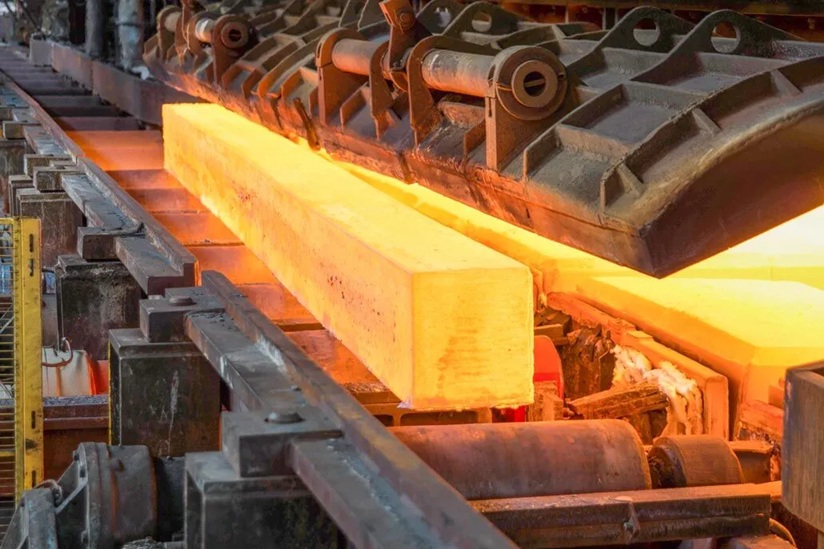Heat resistant tape has quietly become one of the most critical components in today’s industrial landscape, yet its profound impact on manufacturing efficiency and safety remains largely unexamined by those outside specialised sectors. This seemingly modest adhesive solution represents a fascinating intersection of materials science, industrial necessity, and economic pragmatism that deserves closer scrutiny.
In Singapore’s rapidly evolving manufacturing hub, where precision engineering meets tropical climate challenges, understanding the nuances of high temperature adhesive solutions has become increasingly vital for maintaining competitive advantage in global markets.
The Science Behind Heat Resistance: More Than Mere Adhesion
The development of heat resistant tape represents a remarkable achievement in polymer chemistry and materials engineering. Unlike conventional adhesives that deteriorate rapidly under thermal stress, these specialised tapes maintain their structural integrity and bonding capabilities across extreme temperature ranges.
Modern high temperature tape typically employs several key technologies:
• Silicone-based adhesives that remain stable at temperatures exceeding 200°C
• Polyimide substrates offering exceptional thermal stability and electrical insulation
• PTFE (polytetrafluoroethylene) constructions providing chemical resistance alongside heat tolerance
• Glass cloth reinforcement for enhanced mechanical strength under thermal cycling
The engineering behind these materials reflects decades of research into molecular behaviour under extreme conditions. What emerges is not merely an adhesive product, but a sophisticated materials system designed to withstand the harsh realities of industrial production.
Industrial Applications: Where Heat Resistance Becomes Mission-Critical
The applications for heat resistant tape extend far beyond simple bonding tasks. In Singapore’s electronics manufacturing sector, these materials serve as essential components in wave soldering processes, where circuit boards must withstand temperatures approaching 260°C whilst maintaining precise positioning and protection.
Consider the aerospace industry, where high temperature tape must perform reliably in environments ranging from the arctic cold of high altitude to the searing heat of jet engines. The stakes here are not merely economic but fundamentally about human safety and technological reliability.
Manufacturing processes increasingly demand materials that can withstand not just peak temperatures, but repeated thermal cycling—the constant expansion and contraction that destroys lesser materials over time. This requirement has driven innovation towards adhesive systems that maintain their properties through thousands of heating and cooling cycles.
Economic Implications: The Hidden Costs of Heat Failure
The economic argument for quality heat resistant tape extends well beyond initial purchase price. When thermal adhesive systems fail in manufacturing environments, the cascading costs can be substantial:
• Production downtime whilst equipment undergoes repair and recalibration
• Product recalls due to thermal-related failures in end products
• Energy inefficiency from equipment operating outside optimal thermal parameters
• Safety incidents resulting from unexpected adhesive failure under heat stress
As one Singapore-based manufacturing engineer recently observed: “The difference between standard tape and proper high temperature tape isn’t just about performance—it’s about maintaining operational integrity when the stakes are highest.”
This perspective reflects a broader understanding that in modern manufacturing, component reliability directly translates to competitive advantage. Companies that invest in appropriate thermal management solutions position themselves to capture opportunities that require consistent high-temperature performance.
Environmental Considerations: Sustainability in Extreme Conditions
The environmental impact of heat resistant tape selection presents an intriguing paradox. Whilst these specialised materials often require more complex manufacturing processes than standard adhesives, their superior longevity and reliability can significantly reduce overall material consumption and waste generation.
High temperature tape applications frequently involve scenarios where adhesive failure would necessitate complete equipment replacement or extensive refurbishment. By preventing such failures, quality thermal adhesives contribute to more sustainable industrial practices through extended equipment lifecycles and reduced material turnover.
Moreover, the ability to maintain consistent performance at elevated temperatures often enables more energy-efficient manufacturing processes, as equipment can operate at optimal thermal conditions without concern for adhesive degradation.
Future Trajectories: Innovation in Thermal Adhesive Technology
The trajectory of heat resistant tape development reflects broader trends in materials science and industrial automation. Emerging technologies promise even greater temperature resistance, improved environmental compatibility, and enhanced performance characteristics.
Nanotechnology integration offers potential for adhesive systems with unprecedented thermal stability, whilst bio-based polymer research may eventually yield sustainable alternatives to current petroleum-derived formulations. These developments suggest that the role of high temperature tape in industrial applications will continue expanding rather than diminishing.
The increasing sophistication of manufacturing processes, particularly in electronics and aerospace sectors, creates ongoing demand for adhesive solutions capable of performing under ever more demanding conditions.
Conclusion: Recognising the Critical Role of Thermal Adhesives
The evolution of heat resistant tape technology represents more than mere materials advancement—it embodies the fundamental relationship between component reliability and industrial capability. In Singapore’s competitive manufacturing environment, where precision and consistency determine market position, the selection of appropriate thermal adhesive solutions becomes a strategic decision with far-reaching implications.
Understanding these materials requires moving beyond superficial performance metrics to examine their role within broader industrial systems. The companies that recognise this complexity, and invest accordingly in quality high temperature tape solutions, position themselves to thrive in an increasingly demanding global marketplace.

